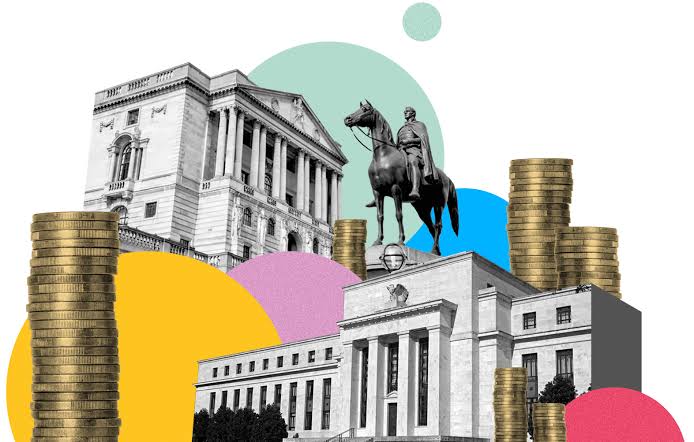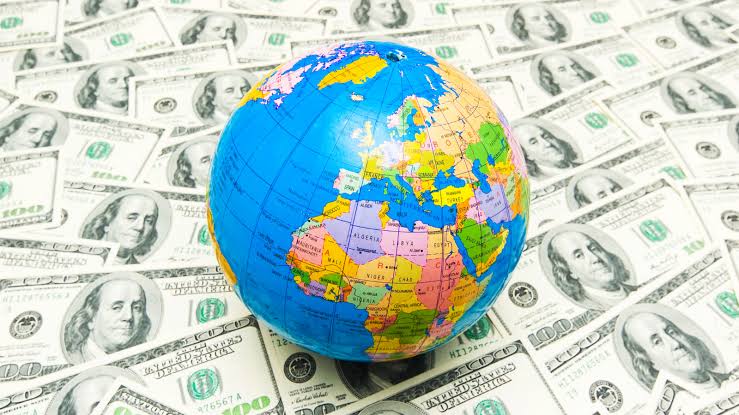
Exploring the Role of Central Banks in the Global Economy
Central banks play a crucial role in the global economy. They are responsible for managing a country’s money supply and interest rates, as well as ensuring financial stability. Central banks are independent institutions, but they often act in coordination with other central banks and international organizations to promote global economic stability.
One of the primary functions of central banks is to manage the money supply. They do this by controlling the amount of money in circulation, which in turn influences the level of inflation. Central banks use a variety of tools to control the money supply, including open market operations, reserve requirements, and interest rates. These tools allow central banks to increase or decrease the amount of money in circulation, depending on the state of the economy.
Another important function of central banks is to regulate the banking system. They do this by setting rules and guidelines for banks to follow, as well as by supervising the activities of banks to ensure they are in compliance with these rules. Central banks also act as a lender of last resort, providing financial assistance to banks during times of economic crisis.
Central banks also play a key role in setting interest rates. Interest rates are the cost of borrowing money and have a significant impact on the economy. When interest rates are low, borrowing is cheaper, and this can stimulate economic growth. When interest rates are high, borrowing becomes more expensive, and this can slow down economic growth. Central banks use interest rates as a tool to control inflation and stabilize the economy.
Central banks also play an important role in promoting international economic stability. They do this by coordinating with other central banks and international organizations, such as the International Monetary Fund (IMF) and the World Bank. These organizations work together to promote global economic stability and to address economic challenges facing the world.
In conclusion, central banks play a critical role in the global economy. They are responsible for managing the money supply, regulating the banking system, setting interest rates, and promoting international economic stability. They play a crucial role in ensuring financial stability and promoting economic growth. Central banks are independent institutions, but they often act in coordination with other central banks and international organizations to promote global economic stability and to tackle the economic challenges that the world faces
Join our list
Subscribe to our mailing list and get interesting stuff and updates to your email inbox.







Responses